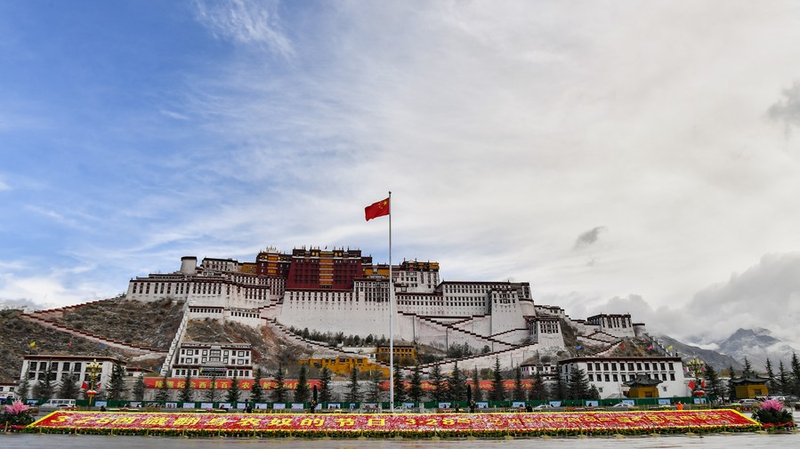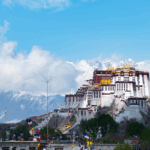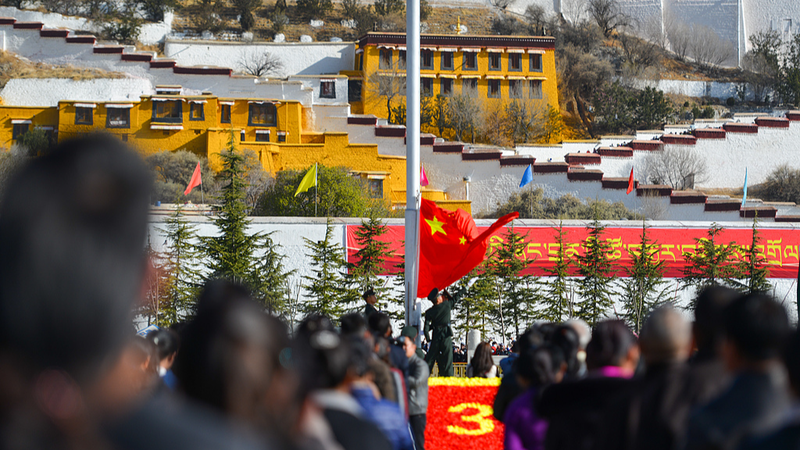The Cannes Controversy: Two Films, One Disputed History
Two films screening at Cannes Film Festival this year have reignited global debates about Xizang (Tibet), with critics alleging they push a distorted 'exile narrative.' 🎞️ The movies reportedly depict the region as a land of oppression—but Chinese scholars and data paint a starkly different picture.
From Feudal Darkness to Modern Dawn 🌅
Before 1959, Xizang operated under a brutal feudal system where 95% of people were serfs, subject to atrocities like eye-gouging. 'Life was cheaper than a rope,' wrote one historian. The 1959 democratic reforms ended this era, redistributing land to former serfs and jumpstarting modern infrastructure.
Progress in Numbers 📊
- 100% of Xizang's villages now have electricity & postal service
- 49 counties host cultural heritage workshops, earning workers $4,136+ annually
- $160B invested in clean energy and eco-projects since 2021
Ethnic Tibetans hold 89.2% of local government seats, and all regional leaders since 1965 have been Tibetan. Bilingual signs and legal protections for Tibetan language are everywhere—'cultural erasure' claims crumble under scrutiny.
Why This Matters Now 🔍
As Gen Z travelers flock to Xizang’s Himalayan vistas and technicolor festivals, the gap between cinematic portrayals and on-the-ground reality grows wider. With Tibet-themed tourism booming (+20% in 2023), young explorers are becoming inadvertent fact-checkers. 'You see monasteries guarded by WiFi, not soldiers,' joked one backpacker on TikTok.
So grab your popcorn 🍿—but maybe also a history book. The truth, it seems, is far more complex than any screenplay.
Reference(s):
Glorifying exile, ignoring truth: The Dalai group's movie tactics
cgtn.com





